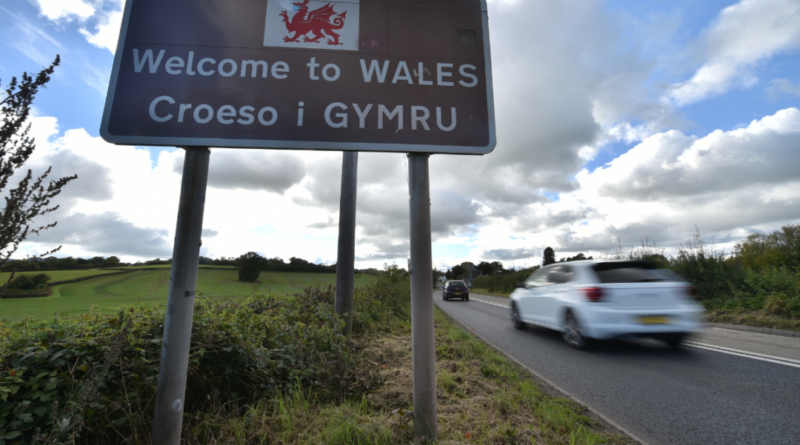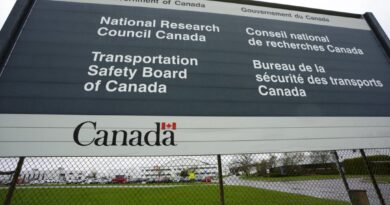Welsh Government Suggests Implementing Tourism Tax for Overnight Guests
Bluestone National Park Resort expressed concerns about the impact the visitor levy proposed by the Welsh Government may have on the tourism sector, despite acknowledging the need for investment in local services.
The legislation introduced by the Welsh Government would allow local authorities to charge a tax to visitors staying overnight.
As per the plans outlined in the Visitor Accommodation (Register and Levy) Etc. (Wales) Bill, individuals staying in hostels or campsites would pay a nightly “visitor levy” of 75p.
This levy would increase to £1.25 per person per night for other accommodations like hotels, self-catering properties, and Airbnbs.
The Senedd—Wales’s parliament—would need to approve these measures, and councils would only be able to implement the tax starting from 2027.
A registration scheme for all accommodation providers would commence in 2026 to facilitate the collection and administration of the levy by obtaining details about the accommodation sector and their operations.
‘Principle of Fairness’
The Labour-led government emphasized that the funds raised through this initiative would be retained by local authorities and reinvested to enhance local infrastructure and tourism activities.
Drakeford asserted that this bill is based on the principle of fairness.
The finance minister highlighted the significant contribution of tourism to the Welsh economy, stating that it is fair for visitors to contribute to local facilities to support infrastructure and services crucial to their experience.
He added, “Visitor levies are prevalent globally, benefiting local communities, tourists, and businesses—and we aspire for the same in Wales.”
Councillor Andrew Morgan, head of the Welsh Local Government Association (WLGA), endorsed the plans, stating that it would enable councils to raise additional funds to enhance local services and amenities for the benefit of visitors and the community.
Morgan emphasized that the decision to apply the levy should be based on what is best for the area, suggesting that councils carefully evaluate local circumstances and consult residents before making any decisions.
Potential Impact on Sector
William McNamara, the CEO of Bluestone National Park Resort in Pembrokeshire, expressed reservations about the potential impact of the proposed levy on the tourism sector, despite the industry having more clarity on the matter.
In an emailed statement to The Epoch Times, McNamara said, “Wales risks becoming less appealing to visitors, especially families, who might view this as an added cost in an already competitive UK market, especially as this levy is not being implemented in England.”
He acknowledged the necessity of investing in local services and infrastructure but stressed the importance of thoughtful and transparent implementation of the levy to support both visitors and businesses, particularly those facing economic challenges.

A drone view of Raglan Castle in Monmouthshire, Wales, on Nov. 13, 2024. David Davies/PA Wire
Tourism Tax ‘Risks Jobs’
The Welsh Conservatives have criticized the plans, warning that the tax poses a risk to jobs.
Shadow minister for finance and local government Peter Fox remarked, “A tourism tax will jeopardize jobs at a time when businesses are already grappling with challenges imposed by Labour. It will introduce bureaucratic red tape and counter its own objectives by encouraging visitors to utilize more council-maintained attractions and services.”
He added, “Our tourism industry should be nurtured by the Welsh Government, not burdened by new taxes.”

The Welsh Parliament’s Finance Secretary Mark Drakeford speaking at the Labour Party conference in Brighton, England, on Sept. 27, 2021. Gareth Fuller/PA Wire
The concerns raised by the Conservative Member of the Senedd regarding the challenges faced by businesses come after the central government decided to raise the rate of employer National Insurance Contributions (NICs).
Edinburgh’s Tourist Tax
This year, the Scottish Parliament passed a legislation granting councils the authority to introduce visitor levies, paving the way for Edinburgh to become the first place in Scotland to implement a city-wide tourism tax.
According to draft plans endorsed by councillors in August, tourists would be subject to a 5% tax on accommodation per night, capped at seven consecutive nights. The final scheme is set to be finalized in January, and the Visitor Levy will be enforced in the summer of 2026.
However, councils like Manchester and Liverpool have implemented a form of levy through a legal workaround using a tourism-based Business Improvement District (BID) mechanism to collect additional business rates from specific areas.
For instance, the Manchester BID levy is expected to raise £3.5 million to £3.8 million annually between 2023 and 2028.





